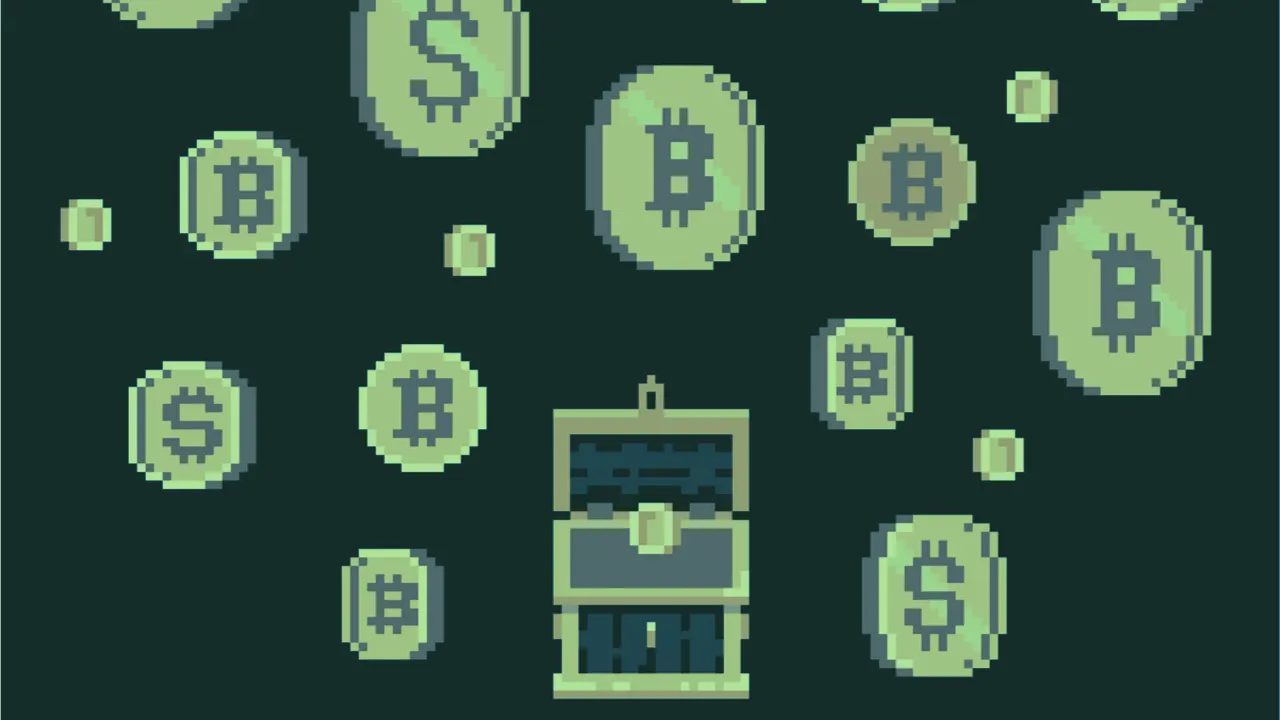In brief
- MINTGOX hosted its first Lightning-enabled live gaming and VR conference over the weekend.
- The event was a collaboration between Zebedee, Lightning Labs, Bitcoin 2020, THNDR games, and Bitcoin influencers like Udi Wertheimer.
- Zebedee CEO Simon Cowell said the events will take place once a month.
Stuck indoors social distancing? You could play indie games and stack sats.
Magic Internet Gathering (MINTGOX) hosted its inaugural event on Sunday, showcasing what video game tournaments could look like with in-game Bitcoin microtransactions.
MINTGOX is the brainchild of Zebedee, a platform that helps developers integrate Bitcoin Lightning payments into video games. The event involved collaboration with Lightning Labs, Bitcoin 2020, and THNDR Games.
Zebedee CEO Simon Cowell told Decrypt that originally MINTGOX was thought up to replace traditional Bitcoin conferences like Bitcoin 2020 that were cancelled because of the Covid-19 pandemic. “However, as we started to plan it we realised that a totally virtual event would be uniquely positioned to help experiment with Bitcoin+Lightning application development,” Cowell said. “Games in particular are online, global and digital—so we thought that if we can have an event with the same format then perhaps we can do something that physical conferences can’t.”
For its first event, MINTGOX lined up matches for three online games and mixed in a VR panel hosted by Udi Wertheimer, who has been leading a series of weekly Bitcoin VR meetups and conferences since in-person ones began shutting down in February. Anyone could join the tournaments for games like Raiki, a fighting game, as long as they had a Lightning-enabled wallet. This allowed players and the audience to earn satoshis (the denominations of Bitcoin) while also influencing matches by dropping power-ups for players.
This kind of event has “potentially profound” implications on the future of gaming according to Cowell. “At the moment live gaming is about winning a competition and earning prize money,” he said. “But having value flow within a game in real time opens up the possibility for more complex, engaging and rewarding interactions.”
Cowell said the organizers would have deemed the event successful if they managed to get enough people online to play in the tournaments while interacting with Lightning functionality. “In the event, we had 100 people taking part in 3 separate games generating almost 1,000 Lightning transactions,” Cowell said. “Given we put this thing together in two weeks, we think that justifies calling the first event a success.”
Despite this, Cowell said they learned a lot from the first event to better prepare for the next ones, which will continue on a monthly basis. One way will be to have clearer instructions, especially for people who aren’t Bitcoin and VR experts.
“It’s tricky organising lots of people on-line together especially when there was multiple media—mobile game, web games, VR streams, Discord, etc,” Cowell said. “For the esports part of the events we really suffered from lag, which is a problem in esports in general, and the only solution here is to be super strict with participants.”
Moving forward, Cowell was optimistic about the future of such gaming experiences. “The really valuable thing that I hope these events offer is a live audience of willing participants to experiment with new Bitcoin games,” he said. “This will be really helpful for developers and the industry as a whole to move forward.”
Daily Debrief Newsletter
Start every day with the top news stories right now, plus original features, a podcast, videos and more.

